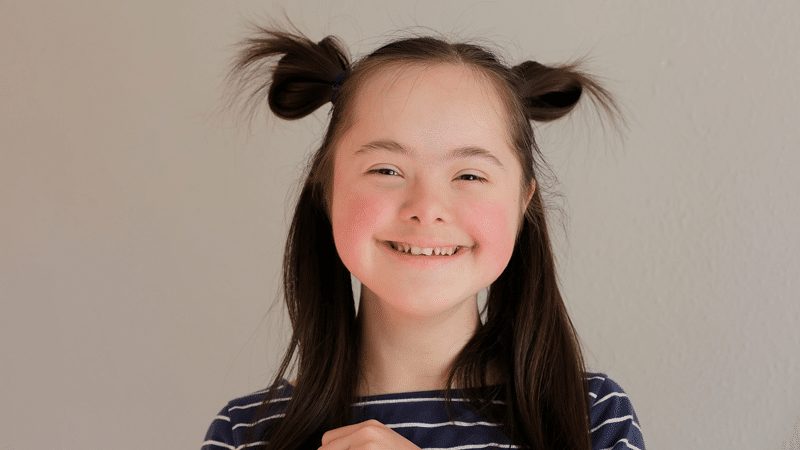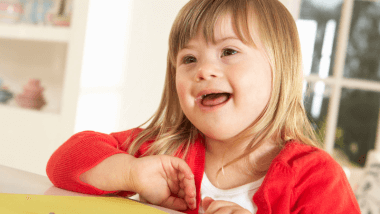Abortions for unborn children with Down’s syndrome could be banned in England and Wales after 24 weeks, with MPs set to debate and vote on the proposal next month.
In Great Britain, abortion is currently permitted for most reasons up to 24 weeks, but up to birth if the unborn child is deemed to have a disability, including Down’s syndrome.
Existing tests can detect Down’s with up to 99 per cent accuracy, and 92 per cent of the unborn diagnosed with the condition are aborted. Data from 2021 showed there were 859 abortions for Down’s syndrome, up 25 per cent from the previous year.
‘Second-class citizens’
If passed, the new rule would mean such abortions could not take place past the 24-week threshold, the same as abortion for most other reasons.
The proposal is being put forward by former Cabinet Minister Sir Liam Fox, who announced during Prime Minister’s Questions: “With cross-party support, I will be tabling an amendment to the Criminal Justice Bill to equalise the time limit in line with our disability and equality legislation.
“Surely we cannot accept in the 21st century that people with Down’s syndrome are second-class citizens in our country.”
‘Anomaly’
Speaking to The Times, Sir Liam explained that many of his colleagues believe the discrepancy in the law allowing disability abortions after 24 weeks is “utterly against the purpose of our equality legislation”.
He added: “My amendment would remove an anomaly which many were not aware even existed and send a signal about the values that we share across the political system in our country.”
In 2022, Down’s syndrome campaigner Heidi Carter (often known by her maiden name Crowter) lost a legal battle to outlaw disability-selective abortion after the Court of Appeal agreed with a High Court ruling which said abortion was a matter for Parliament to decide.
The Court of Appeal recognised people with Down’s syndrome may see the law “as implying that their own lives are of lesser value”, but it deemed such a perception did not by itself “give rise to an interference” with their human rights. Heidi has said she intends to take the case to the Supreme Court.
Down’s syndrome Team GB swimmer inspiring others in the pool
First Down’s syndrome uni graduate for Australia
Line of Duty actor’s mum shares fears for Down’s syndrome elimination
New CBBC presenter aims to dispel myths surrounding Down’s syndrome


